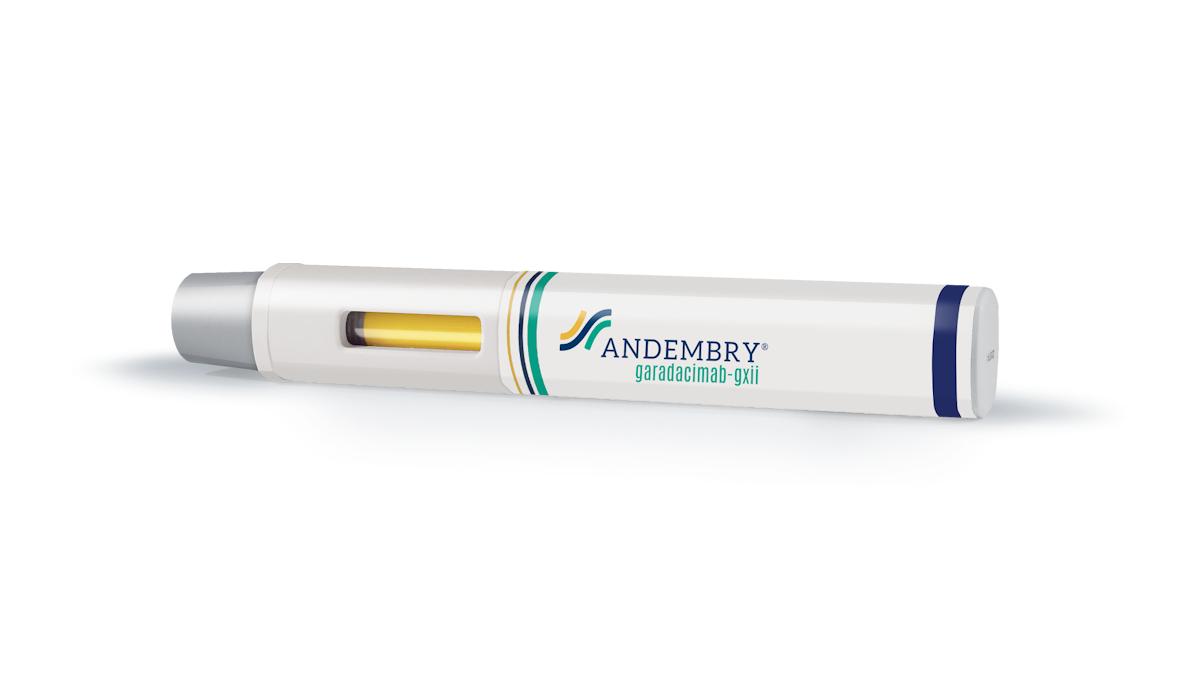CSL Behring lung drug would cost NHS £8m per patient, says NICE

NICE has rejected CSL Behring’s alpha1-proteinase inhibitor Respreeza for treating genetic emphysema in draft guidance, saying that it would cost a massive £8 million to give a patient a year of quality life with the treatment.
NHS England's cost-effectiveness watchdog, the National Institute for Health and Care Excellence (NICE), issued a first draft document saying that it did not currently recommend the drug.
A1PI deficiency is an incurable, rare and life-limiting genetic disorder in which a lack of the protein A1PI makes the body, especially the lungs, vulnerable to attack from its own infection-fighting enzyme, neutrophil elastase.
The enzyme is released by neutrophils and macrophages to fight infections but if it is uncontrolled, it can damage tissue – particularly the lungs – if there insufficient inhibitor, alpha-1 antitrypsin.
This means that individuals with A1PI deficiency are at high risk of the chronic lung condition emphysema as they are more likely to succumb to infections and environmental toxins such as tobacco smoke and pollution. The condition can also affect the liver.
In the guidance NICE stated: “The available evidence, although associated with a great deal of uncertainty, suggests that human A1PI slows progression of lung tissue damage compared with placebo, and may improve survival. However, there was no evidence that it improves lung function or quality of life.
“The cost-effectiveness estimates for human A1PI are much higher than the range NICE normally considers acceptable for highly specialised technologies. Based on the committee’s preferred assumptions the incremental cost-effectiveness ratio (ICER) was over £8m per quality-adjusted life year (QALY) gained.”
NICE's upper limit for rare disease drugs is usually £100,000 per QALY, although this can be extended to £300,000 per QALY if drugs are shown to extend patients' lives by 30 years or more.
There is no cure for the condition, but treatments such as bronchodilators, inhaled corticosteroids, oxygen therapy and pulmonary rehabilitation, and, in progressed disease, lung transplant, can delay the progression of emphysema and help to manage it.
NICE is accepting comments from the pharma industry, healthcare professionals, patients, organisations and members of the public during its consultation period until October 17.
It will hold a second evaluation committee meeting on October 24 when all the feedback will be discussed.
A spokesperson for CSL Behring said: "We are disappointed with the NICE appraisal of Respreeza, however, we look forward to the opportunity to comment on the initial evaluation.
"CSL Behring’s landmark RAPID trial of Respreeza demonstrated, for the first time, the efficacy and safety in the treatment of patients with Alpha1-Antitrypsin Deficiency (AATD).
"That study showed that Respreeza patients demonstrated a consistent pattern of slower lung density decline than those receiving placebo.
"And, as indicated in the labelling, the benefit with Respreeza is its ability to slow down the annual rate of lung density decline, as measured by CT scan compared to placebo, reflecting a 34% reduction in the loss of lung tissue.
"While we had hoped for a different conclusion, we remain committed to AATD research to improve the quality of life of people living with the condition."












